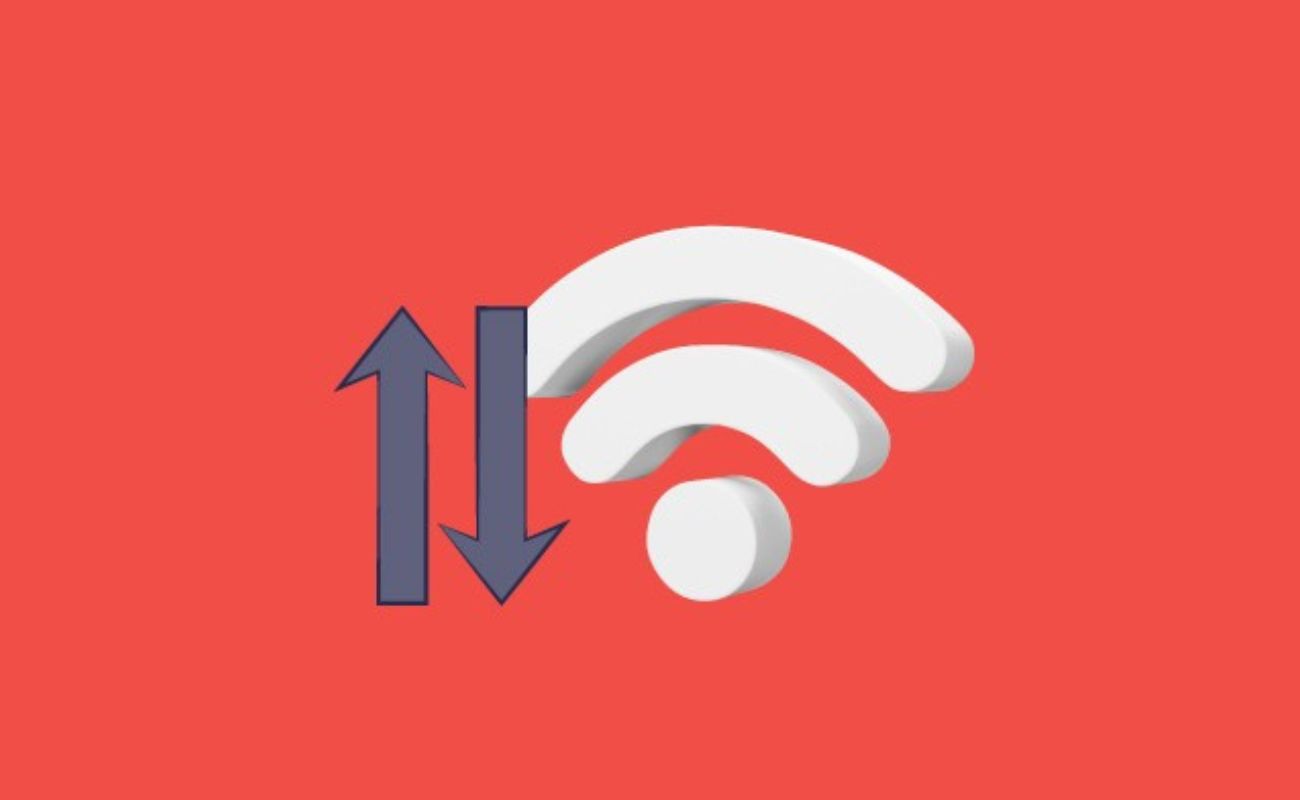Home>Software and Apps>VPN Data Usage: Does it Increase Data Consumption?


Software and Apps
VPN Data Usage: Does it Increase Data Consumption?
Modified: September 5, 2024
Learn how software and apps like VPN affect data usage. Discover if using VPN increases data consumption and how it impacts your internet usage.
(Many of the links in this article redirect to a specific reviewed product. Your purchase of these products through affiliate links helps to generate commission for Techsplurge.com, at no extra cost. Learn more)
Table of Contents
Understanding VPNs and Data Consumption
Virtual Private Networks (VPNs) have changed how we access the internet, offering secure, private connections. However, concerns about their impact on data consumption persist. Let's explore how VPNs work and their influence on data usage.
How VPNs Work
A VPN creates a secure, encrypted tunnel between your device and a VPN server. This process involves several steps:
- Connection Establishment: Initiate a connection to the VPN server.
- Encryption: Data gets encrypted before traveling through the VPN tunnel.
- Routing: Encrypted data routes through the VPN server.
- Decryption: The VPN server decrypts the data, forwarding it to its final destination.
- Return Path: The response from the destination server routes back through the VPN server, gets decrypted, and then reaches your device.
Factors Affecting VPN Data Usage
Several elements contribute to increased data consumption when using VPNs:
Encryption Overhead
Encrypting and decrypting data requires computational resources, leading to increased latency and higher data transfer rates. For instance, AES-256 encryption, commonly used in VPNs, demands significant computational power.
Server Distance
The distance between your device and the VPN server affects data consumption. Longer distances result in higher latency, potentially increasing data transfer rates. For example, connecting to a VPN server in Europe from the United States can lead to higher data consumption.
Server Load
Multiple users connected to the same VPN server can increase server load, causing slower speeds and higher data usage. Some VPN providers use load balancing techniques to distribute users across multiple servers, reducing the impact on individual servers.
Protocol Used
Different VPN protocols have varying levels of encryption and overhead. OpenVPN, while secure, requires more computational resources for encryption and decryption, potentially increasing data transfer rates. WireGuard, designed to be lightweight and fast, uses fewer resources, potentially reducing data consumption.
Network Conditions
Poor network conditions such as high latency or packet loss can cause the VPN to retransmit data, increasing overall data consumption. For instance, high latency may lead to retransmitted packets, resulting in additional data transfer.
Impact on Data Consumption
While VPNs involve additional steps that can increase data transfer, the extent of this increase varies widely depending on several factors:
Encryption Overhead
Encryption ensures data security but comes at a cost. Encrypting and decrypting data requires computational resources, leading to increased latency and higher data transfer rates.
Server Distance
The distance between your device and the VPN server significantly affects data consumption. Longer distances result in higher latency, potentially increasing data transfer rates.
Server Load
Server load influences VPN data usage. Multiple users connected to the same VPN server can increase load, causing slower speeds and higher data usage.
Protocol Used
Different VPN protocols have varying levels of encryption and overhead. OpenVPN typically uses more resources than WireGuard, leading to different data usage patterns.
Network Conditions
Poor network conditions such as high latency or packet loss can cause the VPN to retransmit data, increasing overall data consumption.
Case Studies and Real-World Examples
Examining real-world examples and case studies helps understand the impact of VPNs on data consumption:
Speed Tests
Speed tests conducted by various VPN providers often show that VPNs can slow down internet speeds. For example, a study by ExpressVPN found their service resulted in an average speed reduction of 20% compared to regular internet browsing.
User Reports
Many users report experiencing slower speeds and higher data usage when using VPNs. For instance, a Reddit thread discussing VPN usage revealed several users noticed significant increases in data consumption after switching to a VPN.
Server Location
The location of the VPN server can significantly affect data consumption. A study by NordVPN found connecting to a server in the same region as the user resulted in faster speeds and lower data usage compared to connecting to a distant server.
Mitigating Factors
Several strategies can help reduce data consumption while using VPNs:
Optimize Server Locations
Choosing a VPN server geographically close to your location can significantly reduce latency and data transfer rates.
Select Lightweight Protocols
Using lightweight protocols like WireGuard can reduce the computational overhead associated with encryption and decryption, potentially lowering data consumption.
Monitor Network Conditions
Regularly monitoring network conditions can help identify and mitigate issues such as high latency or packet loss, which can cause retransmissions and increase data transfer.
Adjust Settings
Some VPNs allow users to adjust settings such as encryption levels or protocol usage. Adjusting these settings can help balance security with performance, potentially reducing data consumption.
Recommendations
To minimize the impact of VPNs on data consumption, consider these recommendations:
- Choose a Reliable Provider: Select a reputable VPN provider with optimized server locations and lightweight protocols.
- Monitor Performance: Regularly monitor internet speeds and data usage to identify potential issues caused by VPN usage.
- Adjust Settings: Adjust VPN settings such as encryption levels or protocol usage to balance security with performance.
- Use Data-Saving Features: Some VPNs offer data-saving features such as automatic server switching or traffic prioritization, which can help reduce data consumption.
Understanding the intricacies of VPN data usage allows users to enjoy secure internet browsing while minimizing the potential impact on data consumption.

